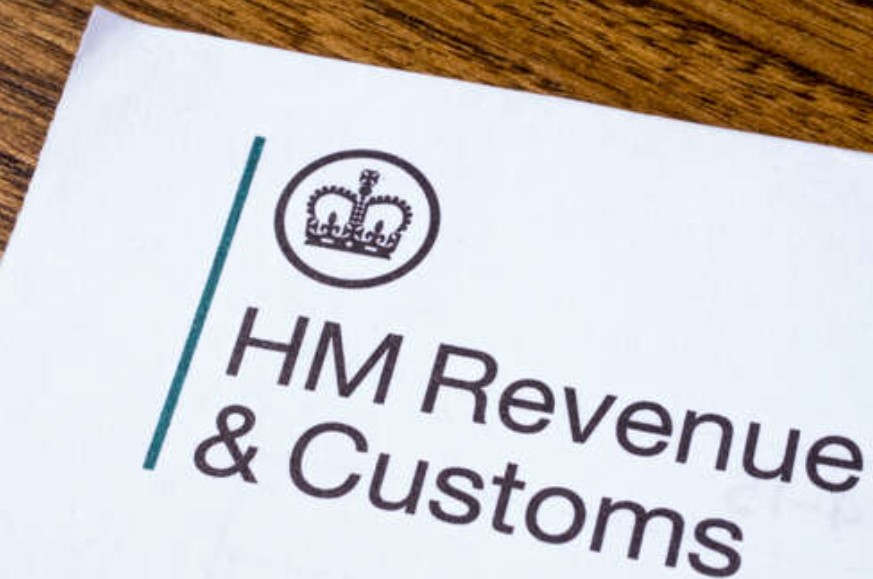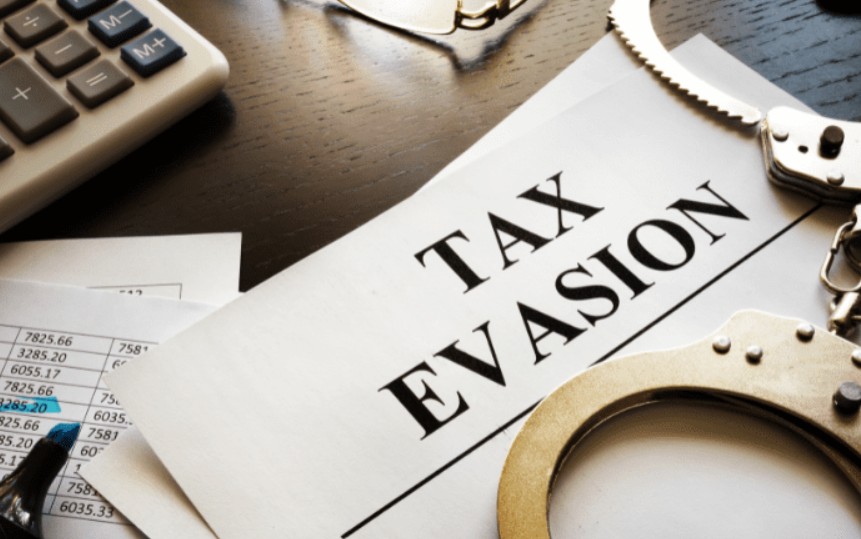Tax evasion is a serious issue that affects economies globally, and the United Kingdom is no exception. If you’ve ever wondered what happens when you report someone for tax evasion in the UK, you’re not alone. The process might seem complicated, but understanding how it works can give you the knowledge and confidence to take action if needed. In this article, we will explore the journey of reporting tax evasion, from the moment you raise your concern to the steps the authorities take and the consequences for those caught. Let’s dive in with some frequently asked questions and provide clarity on the process.
How is tax evasion defined, and why does it pose such a significant problem?
Before we dive into the details of reporting tax evasion, it’s important to understand what tax evasion is.
Tax Evasion Explained
Tax evasion refers to the intentional act by a person or company to illegally withhold or conceal income to avoid paying required taxes. This could be through underreporting income, inflating expenses, or hiding assets. It differs from tax avoidance, which involves legally using loopholes in the tax laws to reduce the tax burden.
Why Does Tax Evasion Matter?
- Loss to the economy: Tax evasion deprives the government of crucial revenue that could be used for public services, such as healthcare, education, and infrastructure.
- Unfairness to honest taxpayers: Those who evade taxes place a heavier burden on law-abiding citizens, leading to inequality in the system.
What consequences can individuals face for committing tax evasion in the UK?
In the UK, avoiding taxes is a serious offence that can lead to harsh penalties and legal consequences.
- Fines: A percentage of the unpaid tax can be charged as a fine.
- Interest: Interest is applied to the outstanding balance.
- Criminal Prosecution: In extreme cases, individuals can face jail time for tax evasion.
Understanding these consequences can help you appreciate why the UK authorities are diligent in investigating tax evasion claims.
Who should you contact to report tax evasion in the UK?
If you notice or have reason to believe tax evasion is occurring, it’s important to report it to the relevant authorities.
HM Revenue and Customs (HMRC)

The main body responsible for handling tax evasion cases in the UK is HM Revenue and Customs (HMRC). You have the option to report tax evasion directly to the authorities.
How to Report to HMRC?
- Online: You can use the online reporting tool on the official HMRC website.
- Phone: A specialized helpline is available for reporting instances of tax evasion.
- Post: If you prefer a traditional approach, you can send a letter to HMRC with the details of the suspected tax evasion.
The more information you provide, the better, as this can help HMRC investigate the case.
What Happens When You Report Someone for Tax Evasion UK?
When you report someone for tax evasion in the UK, the process that follows may not be as straightforward as one might think. However, the importance of this action cannot be overstated. Reporting tax evasion can help protect the economy, maintain fairness among taxpayers, and ensure that those who evade taxes are held accountable.
Here’s what happens once you’ve filed a report with HMRC:
Step 1: Review and Assessment
After receiving your report, HMRC will initially assess whether there is enough evidence to warrant an investigation. At this stage, HMRC will:
- Examine the information: If the report includes detailed, relevant, and specific information, it will be prioritized. HMRC looks for evidence such as suspicious financial behavior, underreporting of income, or discrepancies in VAT returns.
- Verify the source: HMRC may verify whether the information is credible, especially if the report comes from anonymous sources. While anonymity is allowed, providing verifiable information can speed up the investigation.
Step 2: Investigation Process
Once HMRC deems the case worthy of investigation, they proceed with gathering evidence. This process is more comprehensive and could involve several steps, including:
- Requesting documents: HMRC may ask the person under investigation to provide relevant financial documentation, such as tax returns, invoices, and bank statements.
- Surveillance: In some cases, authorities may conduct surveillance to gather more information or cross-check the data provided.
Step 3: Consequences of Being Caught for Tax Evasion
When HMRC concludes the investigation, the consequences are serious. Depending on the scale of tax evasion, several outcomes can arise:
- Fines and penalties: The person may face substantial fines, which can be up to 100% of the tax owed.
- Interest on unpaid taxes: Interest will be added to the unpaid amount of tax, further increasing the financial burden.
- Criminal prosecution: In cases of severe tax evasion, HMRC may initiate criminal proceedings, which could lead to a prison sentence.
Step 4: Closure or Legal Action
Finally, HMRC will determine if the case should be closed or if it requires legal action. If the case is closed without any criminal charges, the person under investigation will be notified. If legal proceedings follow, the tax evader may be required to attend court.
What Are the Key Consequences of Being Found Guilty of Tax Evasion?
Tax evasion can lead to serious consequences, both financially and legally. Let’s break them down:
Financial Penalties

- Fines: Depending on the amount of unpaid tax, fines can range from hundreds to millions of pounds.
- Restitution: In many cases, the person who evaded tax will be required to pay back the full amount of unpaid tax, plus interest.
Criminal Charges
- Imprisonment: The most severe cases of tax evasion may lead to prison sentences.
- Criminal Record: A conviction for tax evasion comes with a criminal record, which can affect an individual’s future employment prospects.
Business Consequences
- Reputation Damage: For businesses, being caught for tax evasion can result in a tarnished reputation, loss of customers, and difficulty securing contracts.
- Closure: In some cases, businesses found guilty of tax evasion may be forced to close down.
In Conclusion: Why Reporting Tax Evasion Is Important?
Reporting tax evasion in the UK is an important step in ensuring that the tax system remains fair and equitable for everyone. Whether you’re an individual suspecting tax fraud or a business concerned about underreporting, understanding the process can make a significant difference. With a clear and simple reporting process provided by HMRC, your actions could help protect the UK economy and ensure that those who evade their taxes face the consequences.
By staying informed and proactive, we can all contribute to reducing tax evasion in the UK and building a more transparent and fair financial environment for everyone.
FAQs
Is it possible to report tax evasion in the UK without revealing your identity?
It’s possible to report tax evasion without revealing your identity. However, providing your details may assist HMRC in investigating the case more efficiently.
What happens if I report someone incorrectly for tax evasion?
If you provide false or misleading information, you could face legal consequences. It’s important to be sure of your claims before making a report.
Is there a reward for reporting tax evasion?
HMRC does not offer financial rewards for reporting tax evasion, but your actions could help maintain fairness in the tax system.
How can I protect myself from being falsely accused of tax evasion?
To avoid being accused of tax evasion, always ensure you pay your taxes correctly and on time. Maintain thorough documentation and consult a financial expert if you’re uncertain about your tax obligations.

Leave a Reply